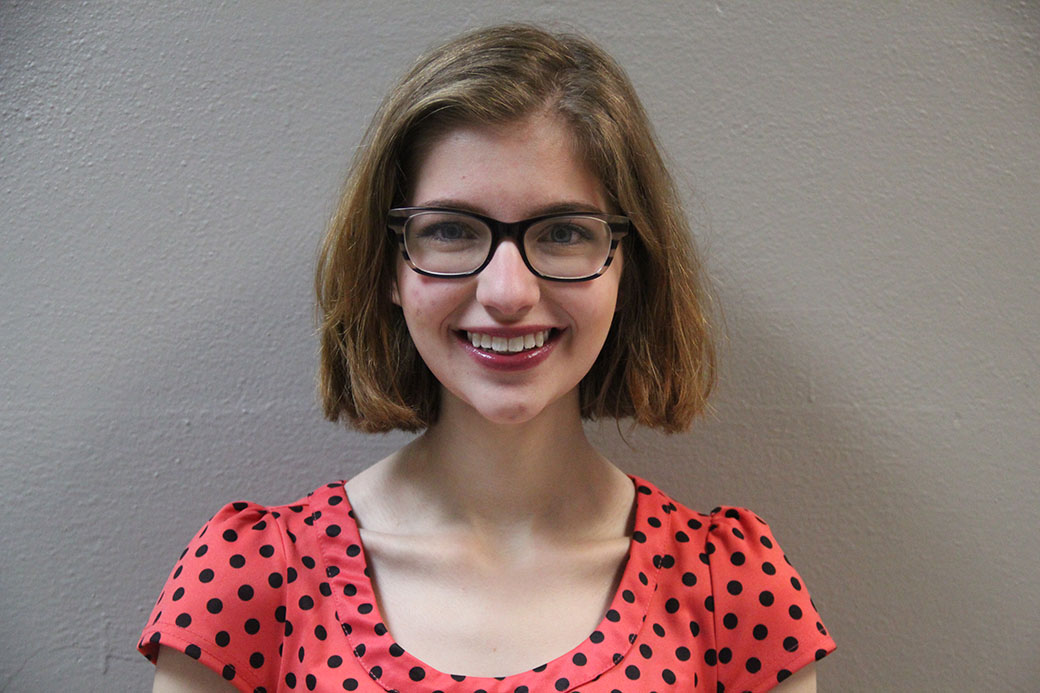
Honors Program should better accommodate students’ interests
For students seeking challenging academics, USD’s Honors Program is a great resource and interested first-years easily fill up the entirety of Farber Hall. As the years progress, however, numbers in the program quickly dwindle.
Whether it’s the additional course requirements or final Honors Thesis project, students seem to find disinterest in the Honors Program. Some even see it as pointless and unnecessary in a college education. To keep students engaged in the Honors Program, officials need to expand its options and stress the benefits of involvement.
As an Honors student, hearing about all of the people who drop out after just the first semester is appalling. Emily Hattouni, a senior Honors student studying psychology, said she sees many people dropping out of Honors after experiencing the increased workload.
“There are a few requirements such as GPA and required courses that are involved with the program, and that simply isn’t for everyone,” Hattouni said.
Many of these required courses are tailored toward the liberal arts, teaching students about Enlightenment ideas and critical thinking skills. Because a vast majority of Honors students study medical biology or related scientific fields, they often see little applicable benefits from these classes.
Junior Megan Ellison said she also sees flaws in the system. With a focus more toward scientific studies, she said she wishes the Honors Program would better separate other majors from the medical and biology students. This, she said, will allow more opportunities for learning valuable information for future use.
“I would like to see more class options,” Ellison said. “For example, a logic class is required if the student doesn’t take calculus. As a student who doesn’t need a calculus class or a logic class, it’s frustrating to be in a class I don’t need.”
The final research Honors Thesis is also intimidating and requires plenty of work and determination. Senior Courtney Neeson studies media & journalism. Besides putting together an Honors Thesis senior year, a stressful enough time as is, she said she sees many students beginning the program as a resume-builder. However, they quickly discover the heavy workload.
“I’m still involved because it sets me apart from other people in the future to say I was in Honors,” Neeson said. “I think getting people to stay in the Honors Program is the biggest struggle, but I don’t think there’s a way to change that.”
Splitting those with pre-med goals from the other majors is a first step toward more individual benefits. Scientific minds can focus on those areas of expertise, while more humanities-based students can see more representation and options for them. This also allows more interactions and connections with classmates who share similar interests rather than losing themselves in the pre-med shuffle.
Besides a more responsive curriculum, the Honors Program needs to set a specific standard for the workload for Honors classes.
Most classes require a significant amount of outside work, but others are even simpler than its regular equivalent. This blind guess at choosing different courses and seminars is very stressful. Every class must have reasonable, clear guidelines so students know what to expect. From there, students can fill Honors requirements with courses that stress the beneficial skills Honors provides, like critical thinking, research and writing.
The Honors Program is a tight-knit community full of hard-working faculty and students. To go beyond just a line on a resume, the program can listen to its students’ personalized desires for the program. From there, students can find motivation and encouragement to stay involved and project themselves toward a bright future.
